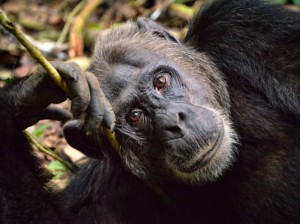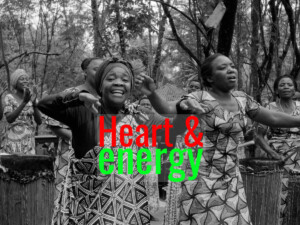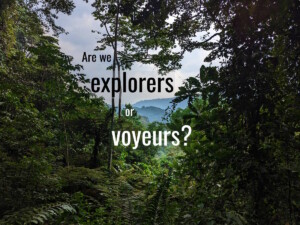How a small South African backpackers is making a big community-based difference
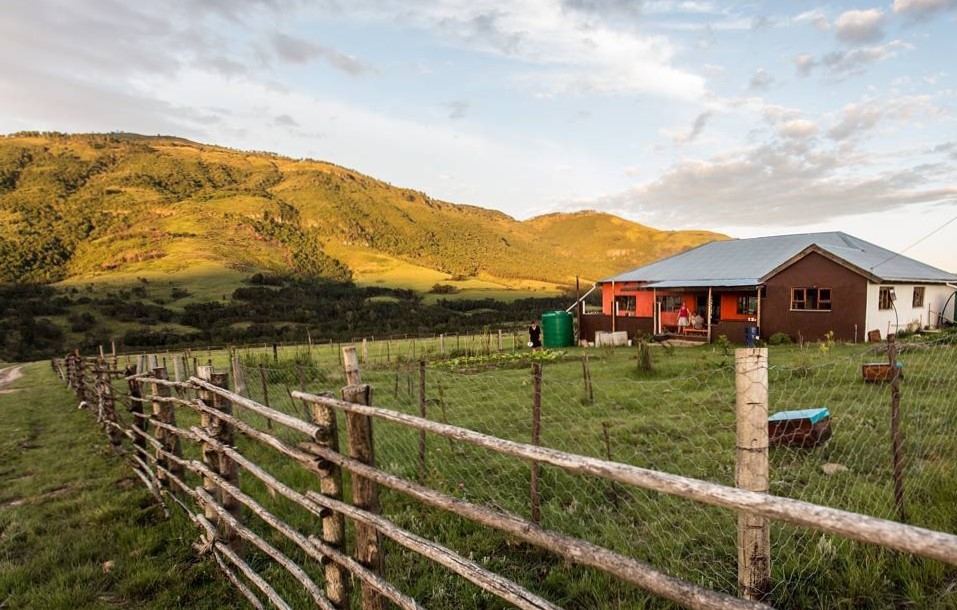
The Hogsback region in the Eastern Cape of South Africa attracts visitors to its indigenous forests, lush mountainous landscape, and breathtaking hikes. Lieve Claessen and partner Elliot Sonjani operate Elundini Backpackers in a rural community at the edge of Hogsback. In this wonder-filled “Good Tourism” Insight, Lieve shares some of the ongoing challenges facing Elundini and its host community.
For thousands of years the Xhosa people have lived harmoniously with each other and with nature. Their traditional lifestyle is strongly sustainable and even today they still live with a heartfelt connection to traditional ways.
Since 2009, my Xhosa husband Elliot Sonjani and I have been operating backpackers accommodation in the rural and agriculture-dependent Elundini area. Our responsible tourism objectives for Elundini Backpackers include empowering our host community and ensuring that the benefits of the tourism we attract reach our neighbours. To accomplish this we have devised schemes designed both to give back to the community and provide guests with authentic experiences.
Our achievements so far …
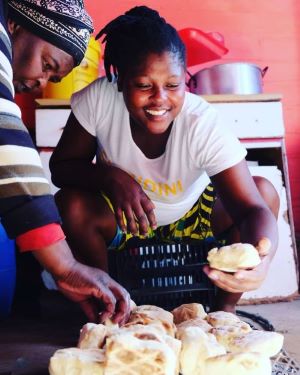
All the experiences available to visitors are organised by people from the Elundini community through their 100% self-owned businesses. The activities include learning how to bake delicious Xhosa bread in the home of a local family, touring the village with a local guide, tackling the tongue-twisting isiXhosa language, enjoying a traditional meal in the village, or simply imbibing an end-of-day drink at the local shebeen (pub) in the company of locals.
In addition to sending our guests to experience the community-based activities available to them, we are heavily involved in projects that are designed to help the community specifically. These include the community gardens, child daycare centre, as well as projects for sanitation, recycling, and water conservation. We have most recently opened an aged care and disability centre where pensioners can come together during the day for companionship, a warm meal, and entertainment.
For any project to become successful one has to have sufficient support. To accomplish all we have so far, we and members of the community established a not-for-profit organisation called LEO (Learn to Earn to Own). I would like to give a special shout out and thanks to Kapel van de Lusthoven (my parents’ church in Belgium), Amava VZW (a Belgian volunteer agency), Echappee Australe (a French travel agency), and our volunteers for their unwavering support of LEO.
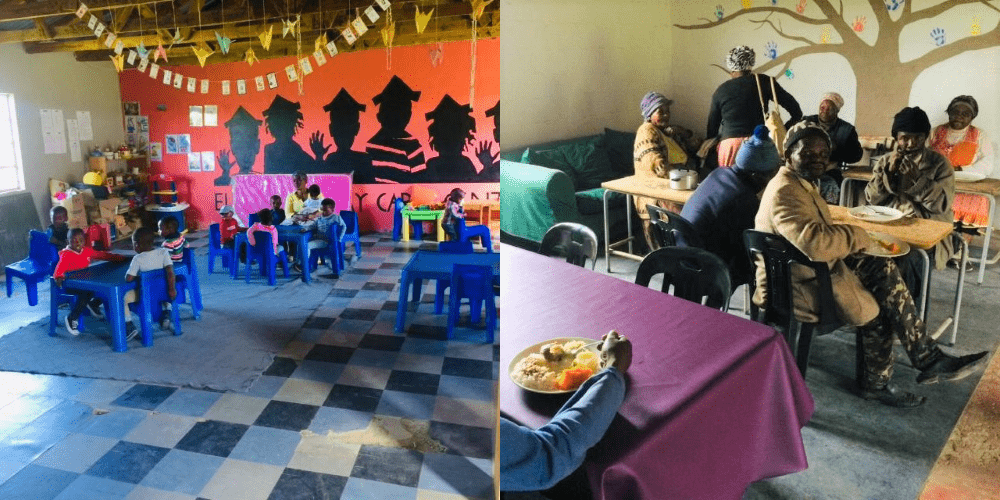
“Conscious Travelling is mindfulness of the world and the people we encounter upon our travels”.
… and the challenges we face
In rural communities one is bound to be faced with challenges. There are some ongoing challenges we face at Elundini:
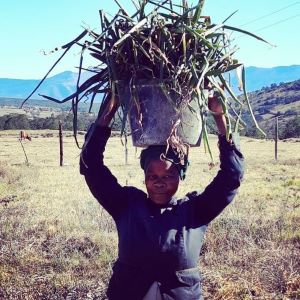
- Climate change has had a huge impact on local agriculture. Our region has suffered from a severe drought since 2015. The traditional agricultural cycle has been disrupted and our subsistence farmers can’t cope. People from our community are really struggling to make ends meet. Poverty is increasing. We must make our people more resilient through education and awareness.
- Long term projects, like our bee-keeping initiative for example, where you can only generate money after months or years, don’t work if people don’t have the time and energy to focus on the medium or long term. These projects can suffer when people’s focus is on making ends meet until the end of the month when they receive their social grant or meager salary from an informal industry.
- Western mentalities don’t work in our village. For example on a Thursday before a funeral no man will show up at a job as they all have to dig a grave for the deceased. It really can take a long time before a Westerner can learn the culture. Then on top of that there are the community dynamics and ‘village politics’. Keeping communication channels open is very important but not always easy.
- An ongoing challenge for community-based tourism is the fine line between tourism that has a positive impact and tourism that destroys. We must avoid dependencies. Yet we must also activate community members able to take advantage of tourism’s potential benefits.
The voluntourism challenge
A challenge I’d like to focus on a little is volunteer tourism. A lot has been written about volunteer programs in Africa: Do they actually benefit a community or not? They definitely can benefit communities, but we have also seen malpractices first hand.
Volunteering as a first work experience for young international travellers, or an inter-cultural exchange experience, can be mutually beneficial for the individual and the community. However, it is really very important for prospective volunteers to do proper research to ensure that the programs they apply for suit their skills, interests, and experiential objectives. If so, then the community will also more likely benefit.

Every year at Elundini we re-evaluate our ‘volunteer program’ to see whether or not it has a positive impact. Some of the volunteer experiences available at Elundini include teaching in the public schools and kindergartens, providing assistance to income-generating projects, and implementing environmental conservation projects, among others. We try to ensure that the volunteer experience is appropriate to the individual’s skills as well as the needs of the community.
A minimum of 15% of the volunteers’ financial contributions to our not-for-profit LEO are directly donated to the projects they work on. In the beginning I was against volunteers paying anything. But then I realised that if they pay they would be more invested in what they were about to embark upon, we would have an extra source of income for LEO, and we could employ people to cook for the volunteers as well as appoint a volunteer coordinator. So it is a win-win situation. The volunteers have a great experience, jobs are created, and community projects benefit from new skills and additional resources.
Our biggest challenge with volunteering is that because we are careful about who we select, we can’t rely on a constant supply of volunteers with the skills and expectations that fit local needs. And it is hard for a small, grass roots organisation to get noticed among the big volunteer organisations. They may have huge marketing funds to rank first on Google, but they are not always the most ethical.
It’s all worth it
Despite the many challenges, the impact our work has been able to generate so far is remarkable. If you were to visit here and interact with the locals, I am certain that they will tell you their stories and the positive impacts our Elundini Backpackers has had in their lives.
Featured image: Elundini Backpackers homestead. Image supplied by author.
About the author

Originally from Belgium, Lieve Claessen first visited South Africa in 1999 with a volunteer project and then worked as an occupational therapist in different townships around Plettenberg Bay. There she met her future husband, Elliot Sonjani, who hails from the Hogsback region but was studying in Plettenberg Bay at the time. In 2001 the couple moved to Belgium where they welcomed the arrival of their two children, Lucas and Elena. After years of dreaming and planning, the young family moved back to South Africa in 2009 to found Elundini Backpackers. It took them 18 months to turn an open piece of land into a space they can call home and where backpackers can feel at home.


